News
-
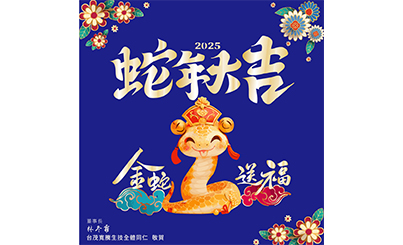
Happy New Year
2025/01/27
Thank you for your long-term support and care. All colleagues in our company would like to express our most sincere gratitude to you!
-
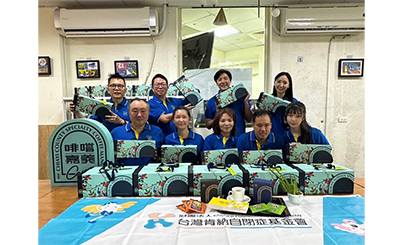
Diamond Quantum Leads Public Welfare Coffee Project, Collaborates to Support Autism Care Initiatives
2024/12/11
Diamond Quantum, with a core focus on promoting ESG sustainable development, has partnered with the Taiwan Kanner Autism Foundation, Sun Planet Coffee, OKLAO Specialty Coffee, Ernst & Young (EY) Taiwan, and coffee farmers from the Greater Alishan area in Chiayi.
-
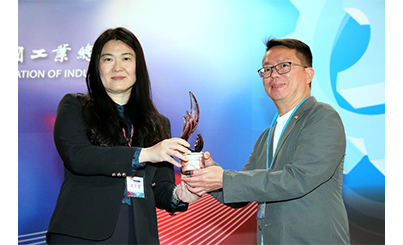
Diamond Quantum Receives "50 Years of Established Entrepreneurship" Award from Ministry of Economic Affairs
2024/11/28
On November 11, 2024, the award ceremony for the "50 Years of Established Entrepreneurship" was held at the Grand Hotel Taipei. Mr. Lin Yueyi, Deputy General Manager of Diamond Quantum, represented the company, receiving the award and certificate of appreciation from the Ministry of Economic Affairs.
-
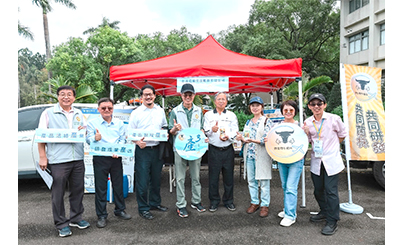
Diamond Quantum Participates in the Agricultural Research Institute’s 129th Anniversary Celebration and Open Day – Microbial Cattle Fair Event
2024/11/20
This year, Diamond Quantum participated in one of the highlight events of the Agricultural Research Institute’s 129th-anniversary celebration and open day, the "Microbial Cattle Fair Station," working together to advance microbial technology for agricultural use and its market applications.
-
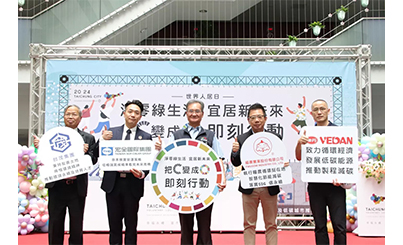
Diamond Quantum Participates in Taichung City Government's Net Zero Initiative, Continues to Promote Sustainable Development Goals
2024/10/23
Diamond Quantum actively responds to the United Nations Sustainable Development Goals (SDGs). The company participated in the Taichung City Government's Net Zero Initiative, committed to promoting a low-carbon economic transition and environmental sustainability.
-
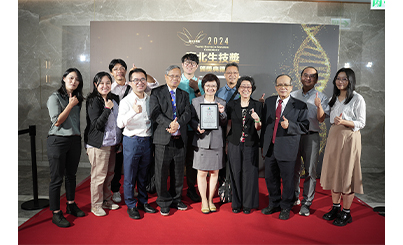
NCHU Research Team Behind the Technology Transfer of DIAMOND QUANTUM BIOTECH CO.,LTD. Wins Technology Transfer Cooperation Award at the Taipei Biotech Awards
2024/09/30
The Taipei Biotech Awards ceremony was held on September 24th, where Professor Tzu-Bi Huang from the Department of Plant Pathology at National Chung Hsing University (NCHU) and her team won the Excellence Award in the Technology Transfer Cooperation category for their project titled "The Diverse Applications of
-
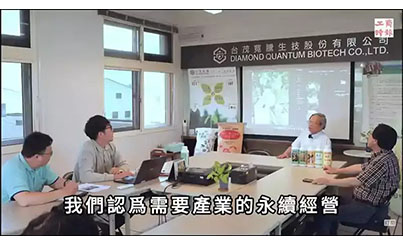
Economic Daily News Interview - Workplace Kaleidoscope - Sustainable Agriculture ESG - Diamond Quantum
2024/08/12
We appreciate the coverage by Economic Daily News. Chairman Lin Dong-Wu of Diamond Quantum Biotechnology has leveraged R&D advantages to transform traditional chemical raw materials into nano-grade calcium carbonate, successfully entering the agricultural sector and promoting organic and
-
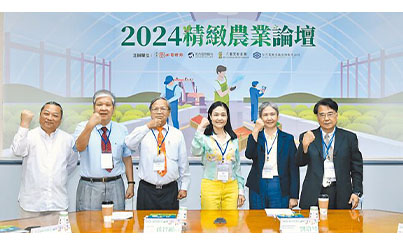
Diamond Quantum, in collaboration with its partners, is hosting the 2024 Precision Agriculture Forum
2024/06/14
The rapid development of smart agricultural technologies stems from the swift advancement of information technology, aimed at helping farmers and fishermen utilize technological management to increase production efficiency while effectively responding to natural disasters to reduce losses.
